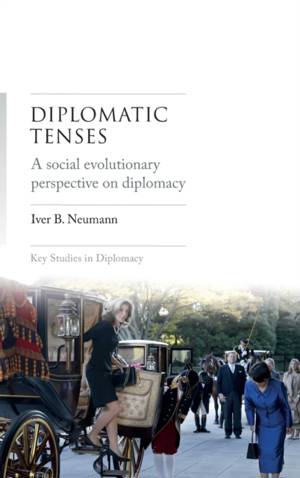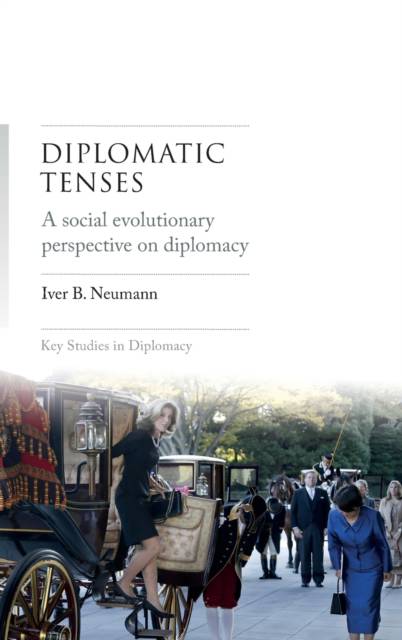
- Afhalen na 1 uur in een winkel met voorraad
- Gratis thuislevering in België vanaf € 30
- Ruim aanbod met 7 miljoen producten
- Afhalen na 1 uur in een winkel met voorraad
- Gratis thuislevering in België vanaf € 30
- Ruim aanbod met 7 miljoen producten
Zoeken
Omschrijving
Offering an alternative and a complement to existing histories of diplomacy, this book discusses change in the form of 'tipping points', which it understands as the culmination of long-term trends. Part I discusses social evolution on the general level of institutions. It argues that in cases where a diplomatic institution's tipping points are defined by the types of entities that make it up, the consular institution has evolved from concerning polities of independent traders to becoming ever more of a state concern. Part II challenges the existing literature's treatment of diplomacy as an elite, textual affair. It lays the groundwork for studying visual diplomacy and observes that the increasingly marginal vision of diplomacy as a confrontation between good and evil survives in popular culture. The book concludes by identifying the future of diplomacy as a struggle between state-to-state based diplomacy and diplomacy as networked global governance.
Specificaties
Betrokkenen
- Auteur(s):
- Uitgeverij:
Inhoud
- Aantal bladzijden:
- 144
- Taal:
- Engels
- Reeks:
Eigenschappen
- Productcode (EAN):
- 9781526148711
- Verschijningsdatum:
- 24/11/2020
- Uitvoering:
- Hardcover
- Formaat:
- Genaaid
- Afmetingen:
- 156 mm x 234 mm
- Gewicht:
- 381 g

Alleen bij Standaard Boekhandel
+ 418 punten op je klantenkaart van Standaard Boekhandel
Beoordelingen
We publiceren alleen reviews die voldoen aan de voorwaarden voor reviews. Bekijk onze voorwaarden voor reviews.








